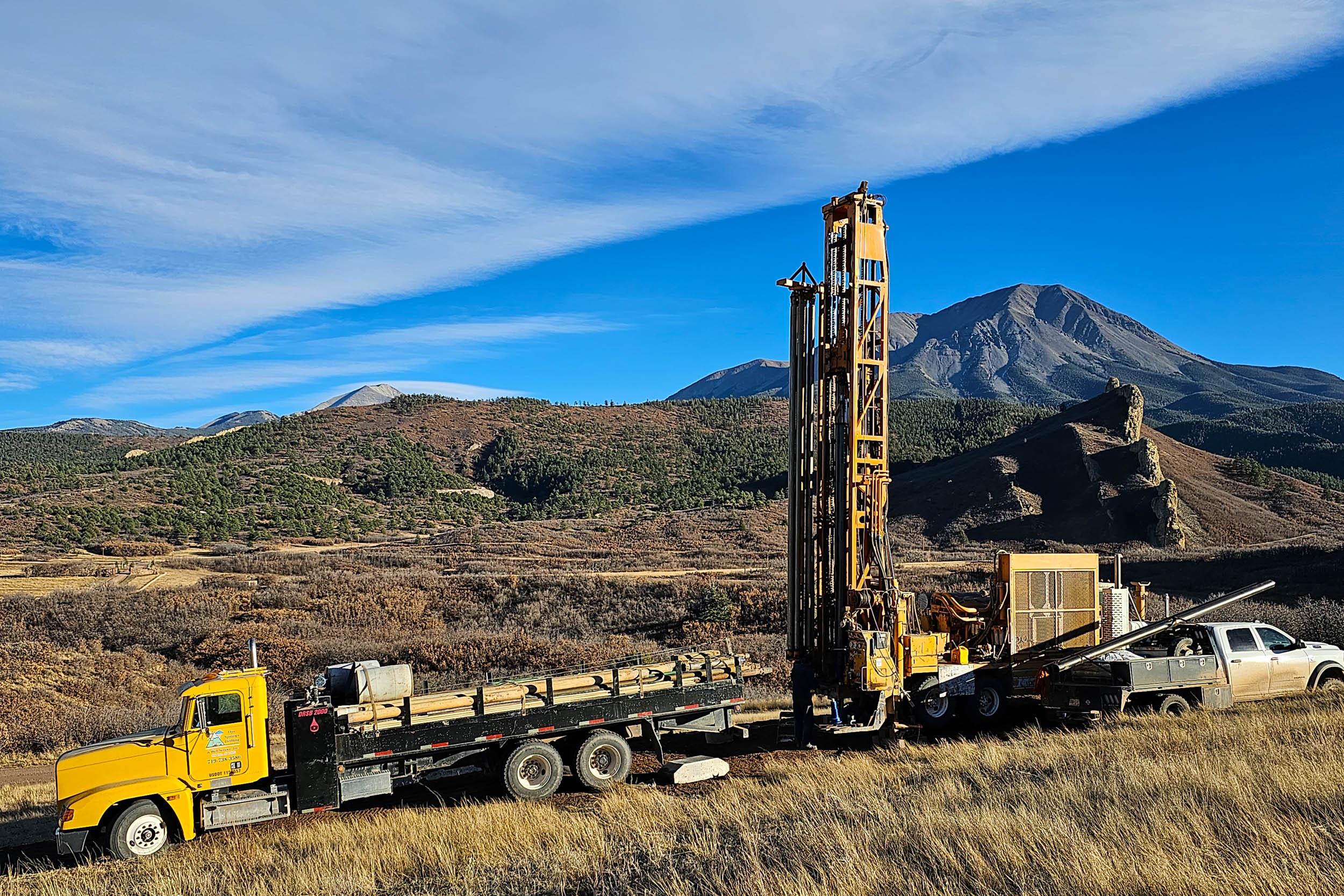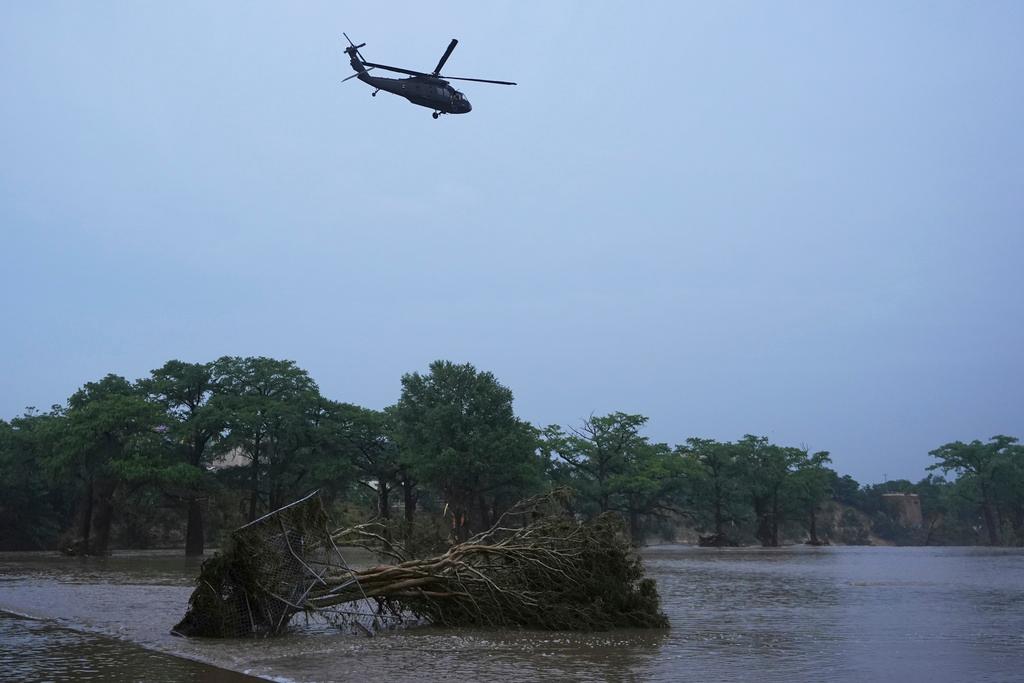 In 2011, a 5.3 magnitude earthquake rattled Trinidad in southern Colorado during the night. It roused residents from their sleep, toppled chimneys, and cracked house walls, according to news reports at the time. The quake was even felt across the New Mexico border.
In 2011, a 5.3 magnitude earthquake rattled Trinidad in southern Colorado during the night. It roused residents from their sleep, toppled chimneys, and cracked house walls, according to news reports at the time. The quake was even felt across the New Mexico border.
Now, federal researchers say they know what caused the quake: humans.
The exact cause, scientists assert, was the injection of wastewater from the oil and gas industry into wells deep inside the earth. And that wasn’t the only quake that can be linked to drilling in the Raton Basin, according to researchers.
Between 2001 and 2013, 16 earthquakes of a 3.8 magnitude or greater were “induced” by the industry’s disposal of wastewater, according to Justin Rubinstein, a geophysicist with the U.S. Geological Survey. That compares to one earthquake of similar strength in the region in the three decades preceding 2001.
“I would say that we’re certain” there’s a link to wastewater injection wells in the region, Rubinstein said. “The change in the earthquake rate in the area is remarkable.”
The findings by Rubinstein and his colleagues, William L. Ellsworth, Arthur McGarr, and Harley M. Benz, offer a detailed, historical view of a basin that has seen natural gas production boom in the last two decades, along with the industry’s need to dispose of waste. The findings will appear in October’s Bulletin of the Seismological Society of America.
The Colorado Oil and Gas Conservation Commission, which provides oversight of the energy industry, is taking the report “very seriously” and “closely reviewing” the findings, said spokesman Todd Hartman.
The commission, he added, is already in discussion with companies that have operations believed to be linked to earthquakes.
Earlier this year, in another corner of the state -- Weld County, northeast of Denver -- the commission ordered a temporary halt to NGL Water Solutions DJ LLC's disposal of wastewater in a well there following two earthquakes nearby: a 3.2 magnitude on May 31, 2014, and a 2.6 magnitude on June 23, 2014. After the shutdown, researchers recorded lower levels of seismic activity and fixes were made on the well. A permanent seismometer was also installed near the well to allow around-the-clock monitoring.
“As with the NGL injection well in Greeley, if we conclude action is warranted, there are measures we could take,” Hartman said. “Those include adjusting approaches to the injection rate, pressure, or frequency of the wells at issue, and then study the effects, if any, on the seismicity.”
The Colorado Oil and Gas Association, or COGA, which represents the energy industry, says that wastewater wells are overwhelmingly safe.
“In Colorado, we know that oil and gas development activity can be conducted safely, without fear of earthquakes,” a “mythbusters” document from COGA states.
COGA spokesman Doug Flanders said the association has not yet had a chance to review the Rubinstein report and was not prepared to comment by Colorado Public Radio News’ deadline. He added, however, that the industry is cooperating with the state and other agencies “regarding this issue.”
Of the scores of wastewater injection wells across the United States, most are associated with the oil and gas business, Rubinstein said. A few other earthquakes have been allegedly caused by wastewater injection wells and there have been cases as far back as the 1960s, when quakes were believed to be caused by wastewater injection at the former Rocky Mountain Arsenal chemical weapons plant near Denver.
“We think that some of these injection wells -- the fluids from these wells are finding their way into faults in the area and, in some senses, lubricating them, making it easier for there to be earthquakes,” Rubinstein said.
Earthquakes pose an obvious concern for safety and to property. Carole Walker, executive director of the nonprofit Rocky Mountain Insurance Information Association, said that many homeowners and businesses in Colorado -- and around the country -- do not carry earthquake insurance.
“In Trinidad, in the earthquake we had there several years ago -- even though there was some significant damage, really, no one carried earthquake insurance so there wouldn’t be insurance damages or insurance claims filed,” Walker said.








